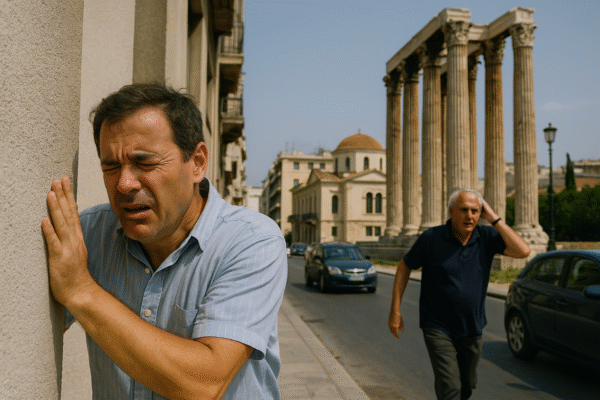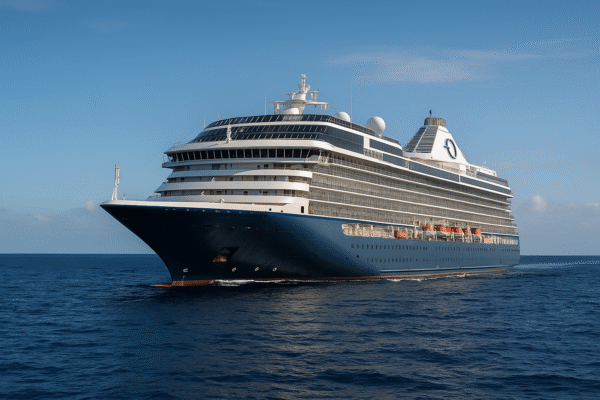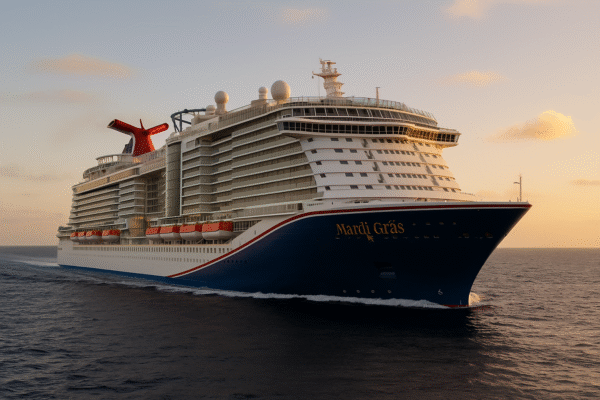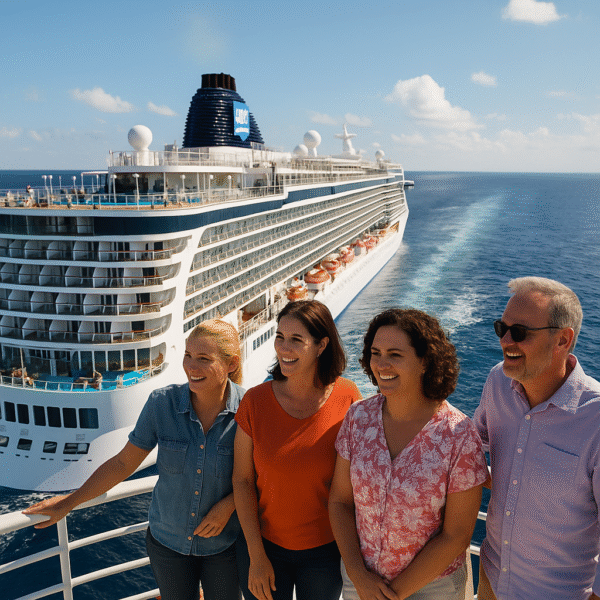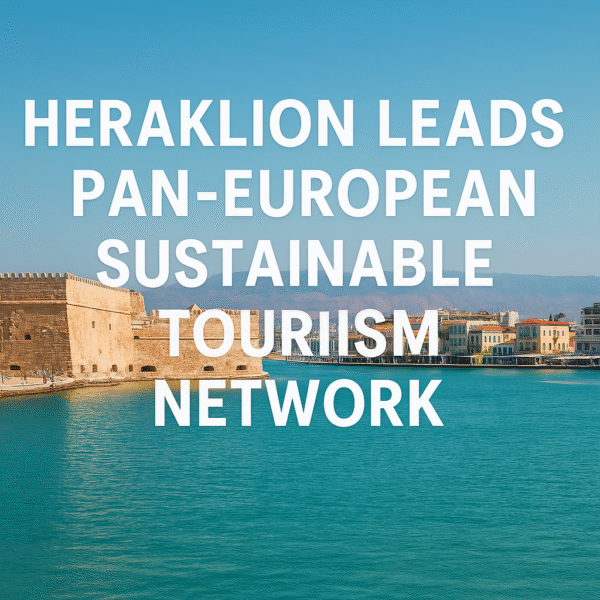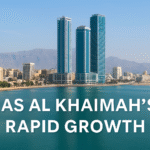Heraklion, the vibrant capital of Crete, is taking center stage in Europe’s push for sustainable tourism. No longer just a gateway to ancient history and Mediterranean charm, the city has stepped into a leadership role as coordinator of the Pan-European Sustainable Tourism Network. This groundbreaking initiative aims to transform the tourism industry across the continent, emphasizing environmental responsibility and long-term growth.
By leading this ambitious movement, Heraklion is setting a benchmark for other cities, proving that a thriving tourism economy can also be environmentally conscious. Its leadership role is both symbolic and practical, making the city a testing ground for sustainable strategies that could reshape European tourism.
Hosting the Urban Agenda for Sustainable Tourism
On September 10, Heraklion hosted an influential conference under the Urban Agenda for Sustainable Tourism, bringing together EU delegates, policymakers, and experts near the city’s Venetian harbor. The event highlighted Heraklion’s unique position—not only as a participant in the initiative but also as its coordinator.
The agenda seeks to align cities, tourism operators, and stakeholders with greener practices. As coordinator, Heraklion is tasked with uniting diverse perspectives, balancing tourism development with ecological preservation, and providing practical solutions for destinations across Europe.
The Conference: Key Themes and Priorities
The opening address underscored critical areas for the future of tourism in Europe. Sustainability was naturally the focal point, but emphasis was also placed on the European Green Deal, sustainability certifications, small and medium enterprises (SMEs), and forward-looking policy planning.
Heraklion was recognized as an Action Leader, praised for its contributions to working groups, consultations, and policy development. The city’s leadership role means it is not only shaping its own future but also contributing to frameworks that could influence the entire continent’s approach to sustainable travel.
Action Plan: Building Tools for Sustainability
The Urban Agenda’s Action Plan lays out several ambitious goals:
- Assessing and Cataloging Certification Systems
The plan highlights global and European standards such as the Global Sustainable Tourism Council (GSTC), EMAS (Eco-Management and Audit Scheme), and the EU Ecolabel. By cataloging these certifications, destinations can more easily identify benchmarks for measuring environmental and social impact. - Supporting Small and Medium Enterprises (SMEs)
Many local businesses in tourism struggle with adopting sustainable practices due to financial or logistical barriers. The plan includes creating incentives for SMEs—from boutique hotels to family-run restaurants—to embrace sustainability standards without being overwhelmed by costs. - Integrating Sustainability into Destination Strategies
Heraklion aims to ensure that sustainability becomes part of the DNA of tourism planning. By embedding green policies into destination strategies, cities can align private sector initiatives with public policy goals, creating a unified and effective approach. - Providing Practical Tools for Cities and Islands
The Action Plan also includes the development of guidance manuals and templates, offering step-by-step solutions for destinations across the EU. For smaller cities or islands with limited resources, these tools will be invaluable in adopting sustainable tourism practices.
Balancing Growth with Local Realities
While the goals are ambitious, the daily reality of Heraklion underscores the challenges of rapid tourism growth. Residents still contend with urban issues such as traffic congestion, construction dust, and the strain of accommodating millions of visitors each year.
For many locals, the benefits of sustainability certifications may not be immediately tangible. However, city officials argue that long-term sustainability measures are essential to balance the booming tourism economy with quality of life for residents. The hope is that by addressing both environmental and social challenges, Heraklion can serve as a model for other Mediterranean cities.
A Broader European Effort
The Urban Agenda for Sustainable Tourism, launched in January 2024, was designed to unite EU member states, cities, and experts in co-creating policy frameworks for a greener tourism industry. Earlier meetings, such as the one in Barcelona, have already delivered results, but Heraklion’s role as coordinator represents a major step forward.
By leading the initiative, Heraklion is positioned to bridge the gap between island tourism policies and urban development strategies. This dual perspective allows the city to advocate for both large-scale European policies and local, on-the-ground realities.
Opportunities for Investment and International Recognition
Heraklion’s leadership also brings opportunities for increased international visibility. By spearheading the network, the city strengthens its case for future funding and investment in sustainability projects. Enhanced visibility not only boosts its tourism appeal but also supports infrastructure development that benefits residents and visitors alike.
For international tourists, Heraklion’s involvement signals that the city is committed to eco-friendly travel. This positions the destination to attract a growing demographic of conscious travelers who prioritize sustainability when choosing where to visit.
The Road Ahead: Local and Global Impact
The conference running through September 11 is a chance for Heraklion to demonstrate the practical applications of its policies. By showcasing initiatives already underway, the city can inspire other destinations to adopt similar frameworks, creating a ripple effect across Europe.
While progress may take time, Heraklion’s leadership role ensures it will remain at the forefront of Europe’s sustainable tourism movement. As tools, incentives, and policies are implemented across the EU, the city’s influence will extend well beyond Crete.
Conclusion
Heraklion’s role as coordinator of the Pan-European Sustainable Tourism Network marks a turning point in how Europe approaches tourism. By championing sustainability, creating tools for businesses, and uniting stakeholders, the city is redefining what it means to be a global destination in the 21st century.
For residents, challenges remain, but the long-term vision promises a more balanced coexistence between tourism and urban life. For travelers, Heraklion is emerging as both a cultural gem and a beacon of responsible tourism.
As Europe advances toward greener tourism, Heraklion stands as a leader, showing how destinations can thrive economically while safeguarding their environment and community.
For more travel news like this, keep reading Global Travel Wire





